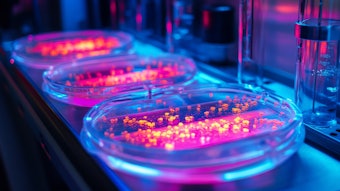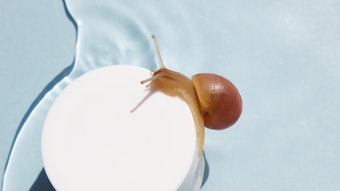A team of researchers led by Stephen Helfand, professor of biology at Brown University (Providence, R.I., USA), has found that a mutation in the genetic code of fruit flies dramatically increases their life span, which, according to a report in the Brown Daily Herald, may be beneficial to humans to delay the aging process. These findings were published on Jan. 21, 2009, in the online early edition of the Proceedings of the National Academy of Sciences.
Helfand and Nicola Neretti, assistant professor of brain and neural science research, reportedly found that a gene called the "Indy" gene is involved in reducing the activity of the oxidative phosphorylation pathway that produces damaging free radicals during the conversion of nutrients to energy in cells. The goal of the study was to discover the genetic difference between flies with the mutation and flies without it.
According to the report, flies that possess the mutated gene produce fewer free radicals during the activity of this pathway and because free radicals are linked to damage that occurs during aging, reducing their production delays the aging process in fruit flies. In addition, the mutated Indy gene in the flies is said to have an equivalent gene in humans. According to Neretti, in the report, he hopes it might be possible to reproduce the same kinds of physiological changes seen in the fruit flies to slow the aging process; however, the mutation could be more of a general mechanism to extend life span.










